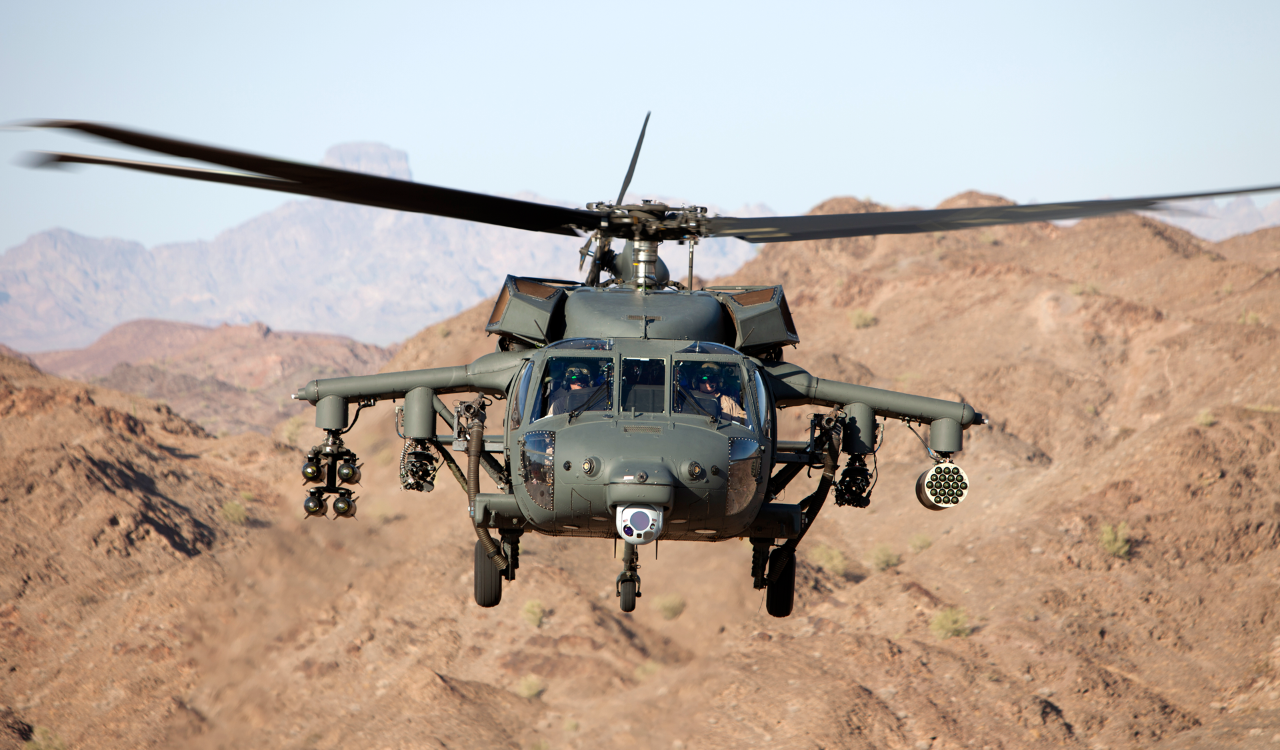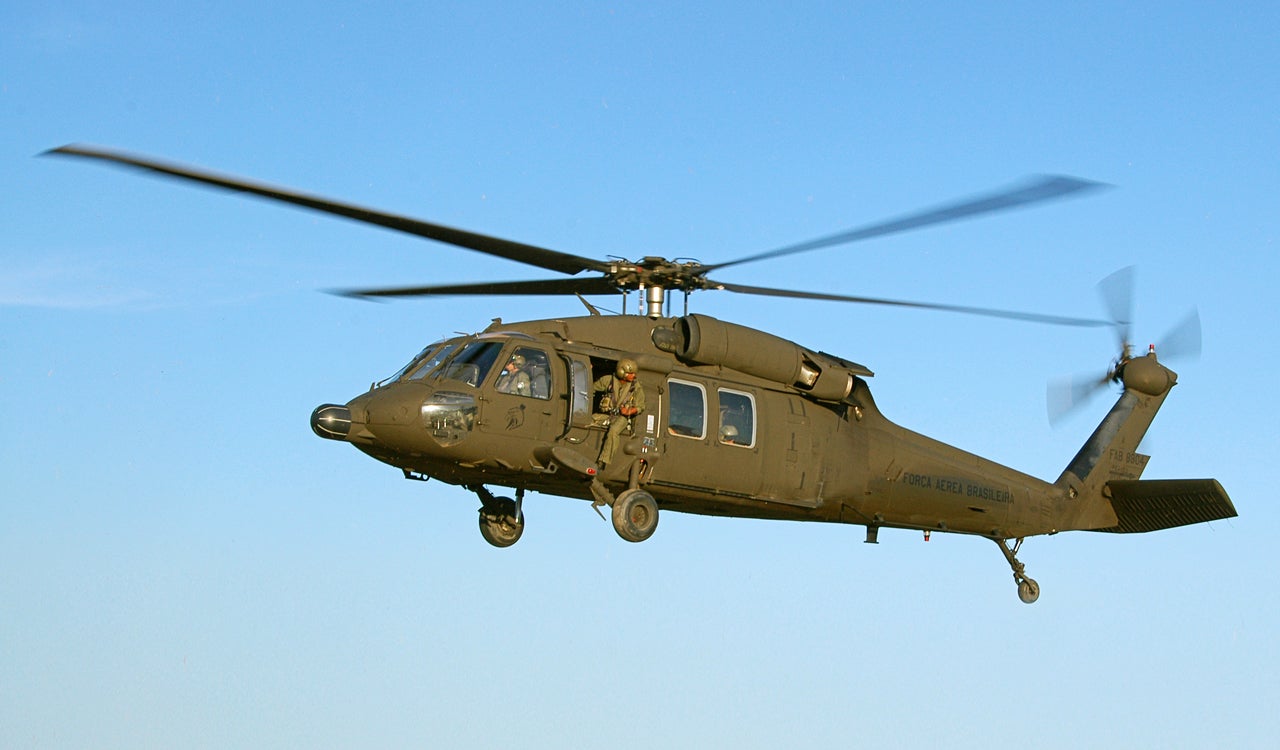UH 60 Black Hawk: From Idea to Contemporary Applications
UH 60 Black Hawk: From Idea to Contemporary Applications
Blog Article
The Role of Airplane in Forming Worldwide Transportation and Trade Characteristics
The advancement of airplane has indelibly changed international transportation and trade characteristics, helping with unmatched levels of connection and efficiency. Through the establishment of durable air freight networks, services can now navigate global markets with impressive speed and dexterity, therefore redefining supply chain approaches. This makeover is not without its difficulties, as the aeronautics market grapples with sustainability concerns and regulative stress. As we check out the multifaceted influences of aircraft on global profession, it is vital to consider exactly how these elements will certainly shape the future landscape of aeronautics and its role in the economic situation.

Evolution of Air Transport
The advancement of air transportation has been noted by substantial technological developments and advancements that have changed the method people and products relocate throughout the globe. From the Wright siblings' very first powered flight in 1903 to the growth of supersonic jets, each landmark has actually emphasized the unrelenting pursuit of effectiveness and rate in air traveling.
The latter component of the 20th century witnessed the emergence of business aviation as a viable mode of transport, identified by the intro of jet engines, which reinvented air travel by significantly lowering trip times. Additionally, innovations in navigating and interaction modern technologies have actually boosted operational efficiency and safety and security, permitting for even more complicated flight courses and timetables. The increase of air cargo in parallel with traveler services has even more underscored the versatility of air travel. As we look to the future, emerging modern technologies such as independent and electrical aircraft guarantee to redefine the air transportation landscape, making sure continued development and adaptation to international needs.
Effect on Global Profession
Air transport has exceptionally improved global trade by promoting the swift activity of items across large ranges. This expedited logistics capability enables organizations to react swiftly to market needs, consequently improving supply chain performance. The capacity to carry disposable products, high-value products, and time-sensitive items has opened up brand-new markets and opportunities for various sectors, considerably affecting profession patterns.
In addition, the development of air freight networks has actually cultivated globalization, making it possible for business to resource products and items from various parts of the world perfectly. This interconnectedness minimizes lead times and costs, allowing organizations to stay competitive in a progressively global marketplace. Additionally, air transport plays an important function in shopping, where customer assumptions for quick shipment have driven a surge popular for air cargo solutions.
The impact of aircraft on worldwide trade reaches the development of calculated trade routes, linking areas and assisting in global partnerships. Nations that buy air transportation framework usually experience boosted financial development and boosted foreign direct investment. Generally, the development of air transportation has not only transformed the logistics landscape however has additionally come to be an important element in the dynamics of global trade.

Financial Benefits of Aeronautics
A robust aeronautics industry generates substantial economic advantages, adding to job production, tourist, and general economic development - uh 60. The air travel market supports numerous tasks globally, varying from direct employment in airline companies and flight terminals to indirect functions in industries such as friendliness, transport, and logistics. According to industry records, for every task in the aviation market, approximately 3.5 additional tasks are developed in the wider economy
Tourist is a pivotal component of the economic advantages derived from air travel. Air traveling promotes international tourist, allowing tourists to explore diverse locations, which in turn stimulates local economic situations. Countries that spend in their air travel infrastructure usually experience enhanced visitor arrivals, leading to higher costs on solutions such as hotels, dining establishments, and destinations.

Moreover, aeronautics boosts international connectivity, enabling businesses to access brand-new markets and resources effectively. As a result, industries such as e-commerce and manufacturing benefit tremendously from reliable air transportation, further driving financial expansion.
Difficulties Dealing With the Aviation Sector
Browsing a complicated landscape of their explanation regulatory, environmental, and economic obstacles, the aeronautics market faces significant difficulties that intimidate its sustainability and development. Regulations bordering safety and security and safety and security are consistently developing, requiring continuous conformity and adjustment from suppliers and airlines (uh 60). This can lead to boosted functional prices and resource allowance that diminishes development and expansion initiatives
Furthermore, environmental worries have actually come to be critical, with expanding scrutiny over carbon exhausts and environmental pollution. The sector is under stress to embrace greener techniques and innovations, which often need substantial financial investment in research study and growth. Balancing these environmental obligations with the need for air traveling over here presents a substantial challenge.
Economic variations, such as rising fuel prices and geopolitical uncertainties, additionally make complex the landscape. Airline companies frequently come to grips with volatile operating expense and fluctuating traveler demand, which can affect profitability and long-lasting preparation. Labor shortages and skill gaps in crucial here are the findings areas add an additional layer of complexity, impeding functional performance.
Ultimately, addressing these complex obstacles is vital for the air travel industry to maintain its pivotal role in worldwide transport and profession, while making certain strength and flexibility in a significantly competitive market.
Future Patterns in Flight
Moving and arising modern technologies consumer preferences are poised to reshape the future of air travel dramatically. The integration of expert system and artificial intelligence is anticipated to improve functional effectiveness, enhance airport terminal procedures, and boost customer care. Predictive analytics will facilitate extra exact need projecting, permitting airline companies to maximize trip timetables and rates versions.
Sustainability is coming to be a key vehicle driver in air travel, with the aviation industry significantly concentrated on minimizing carbon discharges. Innovations in aircraft layout, such as hybrid and electric propulsion systems, are being discovered to fulfill ecological targets. Moreover, the fostering of sustainable aviation fuels (SAFs) is anticipated to play a crucial role in attaining net-zero exhausts by 2050.
Customer choices are shifting in the direction of individualized travel experiences. Airline companies are spending in sophisticated data analytics to customize services and improve consumer engagement, ensuring an extra personalized trip from reserving to arrival. Furthermore, the rise of remote work may result in boosted demand for recreation travel, as people look for to integrate job and trip.
Final Thought
The development of air transportation has actually transformed global profession, yielding considerable financial advantages while likewise offering challenges that need critical administration. The ongoing adaptation of the aviation market will certainly be important for maintaining its contributions to the worldwide economic climate.
The last component of the 20th century observed the appearance of commercial aviation as a practical mode of transportation, identified by the introduction of jet engines, which reinvented air travel by substantially decreasing trip times. The increase of air freight in parallel with guest solutions has actually further emphasized the flexibility of aeronautics. Furthermore, air transportation plays a critical duty in shopping, where customer assumptions for rapid distribution have actually driven a surge in demand for air freight services.
Generally, the evolution of air transport has not only transformed the logistics landscape however has additionally come to be an important element in the dynamics of global profession.
Sustainability is becoming an essential motorist in air travel, with the aeronautics sector progressively concentrated on reducing carbon discharges.
Report this page